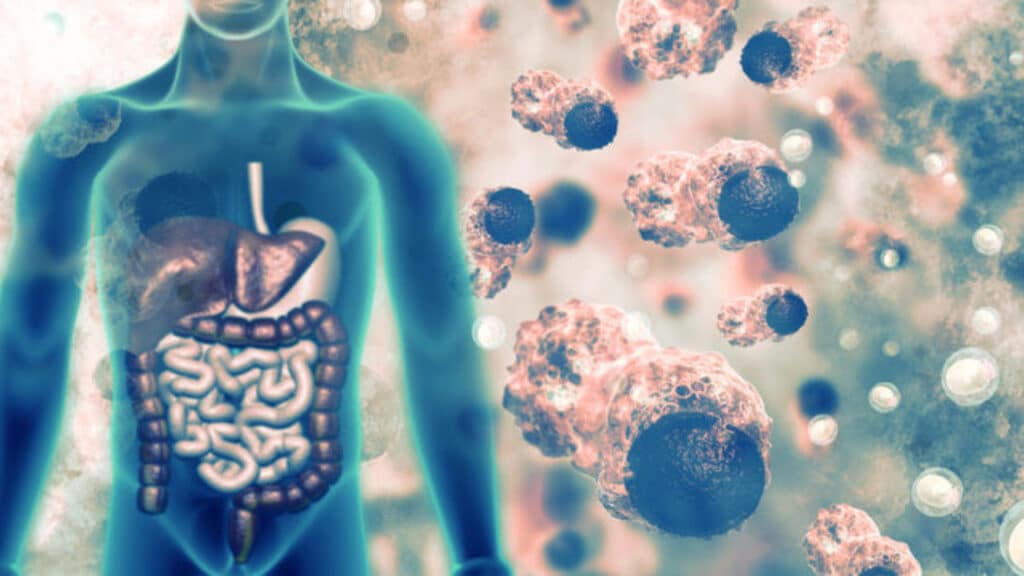We’re used to thinking of bacteria as a bad thing. We go around wiping our kitchen counters, cleaning our bathrooms and washing our hands because we’re trying to avoid them. It’s true that bacteria are responsible for some of the most upsetting illnesses around. However, only some of them are problematic; we actually need other types to survive. When it comes to the ones in our stomach, they have a big influence on our weight.
There are trillions of microorganisms, many of which are bacteria, in the digestive tract of just one human. They’re known as gut microbiota. They eat the parts of our food that we can’t digest ourselves and release chemicals that we need. In particular, Prevotella bacteria feed on fiber and carbohydrates. People who have more Prevotella seem to find it easier to lose weight.
That’s not the only way gut bacteria can influence your weight. They also affect how your body absorbs and stores fat. They can influence the immune system’s inflammatory response, and greater inflammation has been linked to weight gain. Gut microbiota can impact your blood sugar levels, which can contribute to diabetes, a condition often associated with obesity. They may even play a role in how our body decides when it’s full and when it’s hungry.
It’s only in recent years that scientists have started to identify the different types of gut microbiota and determine which ones are helpful. Twin studies in particular suggest that when one twin is fat and one twin is not, it may, in part, be linked to their different gut bacteria (https://www.scientificamerican.com/article/how-gut-bacteria-help-make-us-fat-and-thin).
Of course, knowing that gut bacteria play a role and being able to use that to help people who need it to lose fat are different things entirely. It opens up a promising line of further research where perhaps we will one day be able to supplement people’s levels of good bacteria in a similar way to how some people now take probiotics.
The research has implications in other areas, too. When we take antibiotics to treat an infection, we risk destroying good bacteria as well. It’s yet another reason to be very careful about antibiotic use.
So, gut microbiota may hold the key to fat loss, but we’re not quite at the stage where we know exactly how it all fits together.




